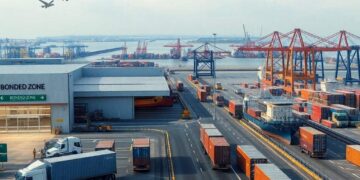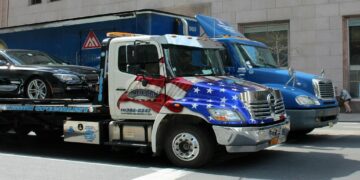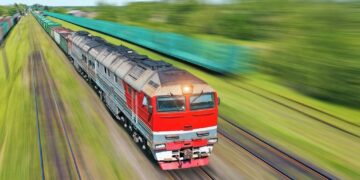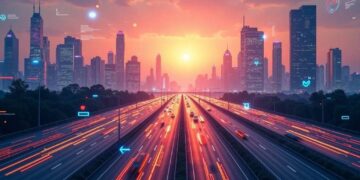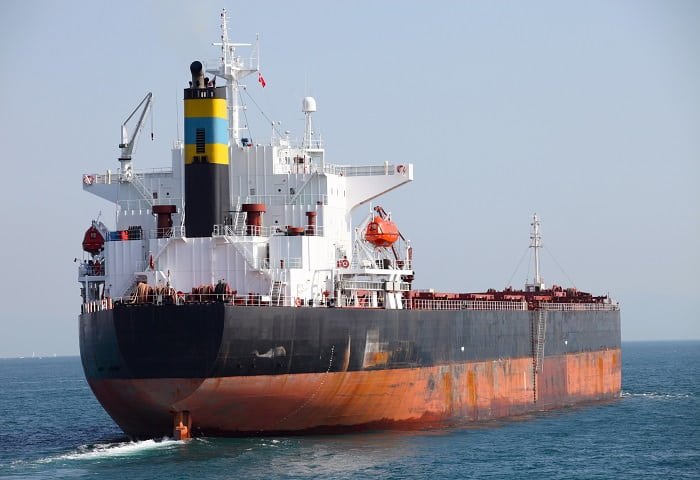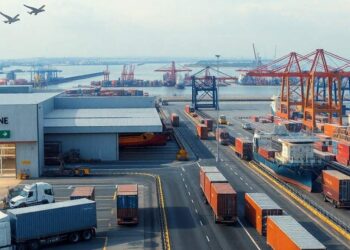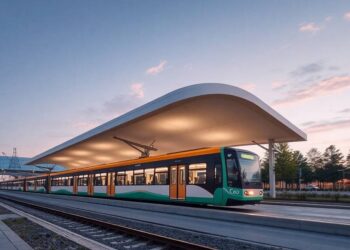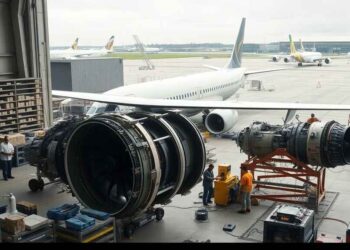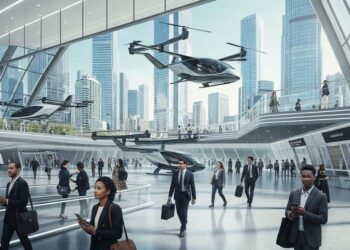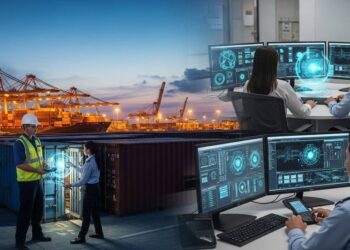For the sake of both commerce and transportation, the marine industry serves as an essential component of the global economy. Over the last several years, digitisation, automation, and the Internet of Things have brought about significant breakthroughs in terms of enhancing efficiency, safety, and cost-effectiveness.
In order to lessen the negative effects that the marine sector has on the environment, significant changes are being implemented, and as a result, several decarbonization initiatives have been implemented in recent years.
It is essential for the marine sector to decarbonize its operations in order to ensure a sustainable future, and seafarers play a significant role in bringing about this transition. The influence that decarbonization techniques and technology will have on seafarers aboard and the role that they play in reducing emissions is a crucial consideration that must be taken into account.
For the purpose of ensuring that the crew and mariners are aware of the importance of energy conservation and are able to contribute to the reduction of fuel consumption and, ultimately, emissions, we should give them with the tools that are essential. Training the seafarers has to be at the top of the list of priorities for businesses that want to accomplish emissions reduction targets for compliance or business-related activities. This is essential for enterprises that wish to fulfill these objectives.
At this point, it is abundantly clear that technical expertise continues to be the most important driver in promoting decarbonization. In order to make this shift possible, it is necessary to have knowledge of new alternative fuel systems as well as the ability to operate and maintain equipment that produces zero emissions.
In addition, in order to meet the issues that are brought about by decarbonization, mariners need to strengthen their ability to think critically and make decisions. They are required to give environmental effect the highest priority by evaluating data, conducting risk assessments, and making choices based on the facts.
The introduction of any new technology brings with it a number of repercussions, including those pertaining to safety, changes in stability, operations, and an increase in burden due to the introduction of additional maintenance chores.
When selecting any technology, it is imperative that seafarers be consulted throughout the design phase. This is because seafarers will be the ones to deal with the situation on-site and handle the problems.
The feeling that they are a part of the process should be provided to seafarers. They are the ones who should be in charge of driving emission reduction methods such as fuel-efficient operation, trim optimization, and selecting efficient navigation planning by collaborating with shore-based teams and regulatory agencies.
Seafarers are able to confront real-life issues and practical ramifications when selecting any emission reduction technology when they have the opportunity to face them via hands-on experience. For the purpose of ensuring the effective implementation of decarbonization programs, they need to be engaged with regulatory agencies and industry players.
It is essential to provide personnel with comprehensive training programs that facilitate the optimization of trip planning and ship management procedures, as well as general assistance in becoming acquainted with new technologies that are efficient in terms of energy use.
There has been a huge transition taking place within the maritime sector, which is highlighted by the talks that have taken place about autonomous operations and alternative marine fuels. These conversations have brought to light the crucial need for good communication and coordination among stakeholders in order to secure the adoption of technical advancements.
As a result of the challenges that mariners face while attempting to adapt to new technology, it is obvious that clear plans and collaborative efforts are necessary in order to promote decarbonization initiatives throughout the sector.
Not only do these changes result in the creation of new career prospects, but they also increase work satisfaction by increasing the number of alternatives that are accessible to employees. When everything is said and done, the foundation is comprised of education and training. There is little doubt that regulatory organizations and certification requirements have a substantial impact on the degree to which seafarers are able to successfully adapt to technological improvements.
It has been determined that one of the most important aspects of preparing our workforce for the technological advancements of the future is the importance placed on complying with rules and earning certifications that are up to date.
The organizing of workshops and seminars with the purpose of analyzing the benefits and drawbacks of a variety of zero-emission technologies and green fuels is an essential endeavor. Because of the influence that this topic has on the way that seafarers handle marine operations and emergency responses, they should be included as a crucial participant.
In addition to making sure that paperwork and instructions for various technologies are available aboard, organizations should also make sure that the relevant training is offered. As a result of the implementation of new technical breakthroughs, the processes and operational standards will undergo any necessary modifications. In addition to providing thorough recommendations for upskilling, it is necessary to ensure that individuals have access to real-time information about all of the regulatory changes that have occurred at the local, regional, and worldwide levels.
In order to facilitate international commerce, we need to give seafarers more authority. Despite the fact that the transitional road to net zero has been well established, seafarers have not been fully engaged in the process. There must be a change.
The maritime workers are exerting a great deal of effort in order to make the commercial sector more energy efficient. At the same time, they are ensuring that the propelling equipment is in good working condition and dealing with new kinds of fuel, both of which need additional high-quality supporting training and awareness. Additionally, seafarers need to be included because of the viewpoints, insights, and information they possess.











